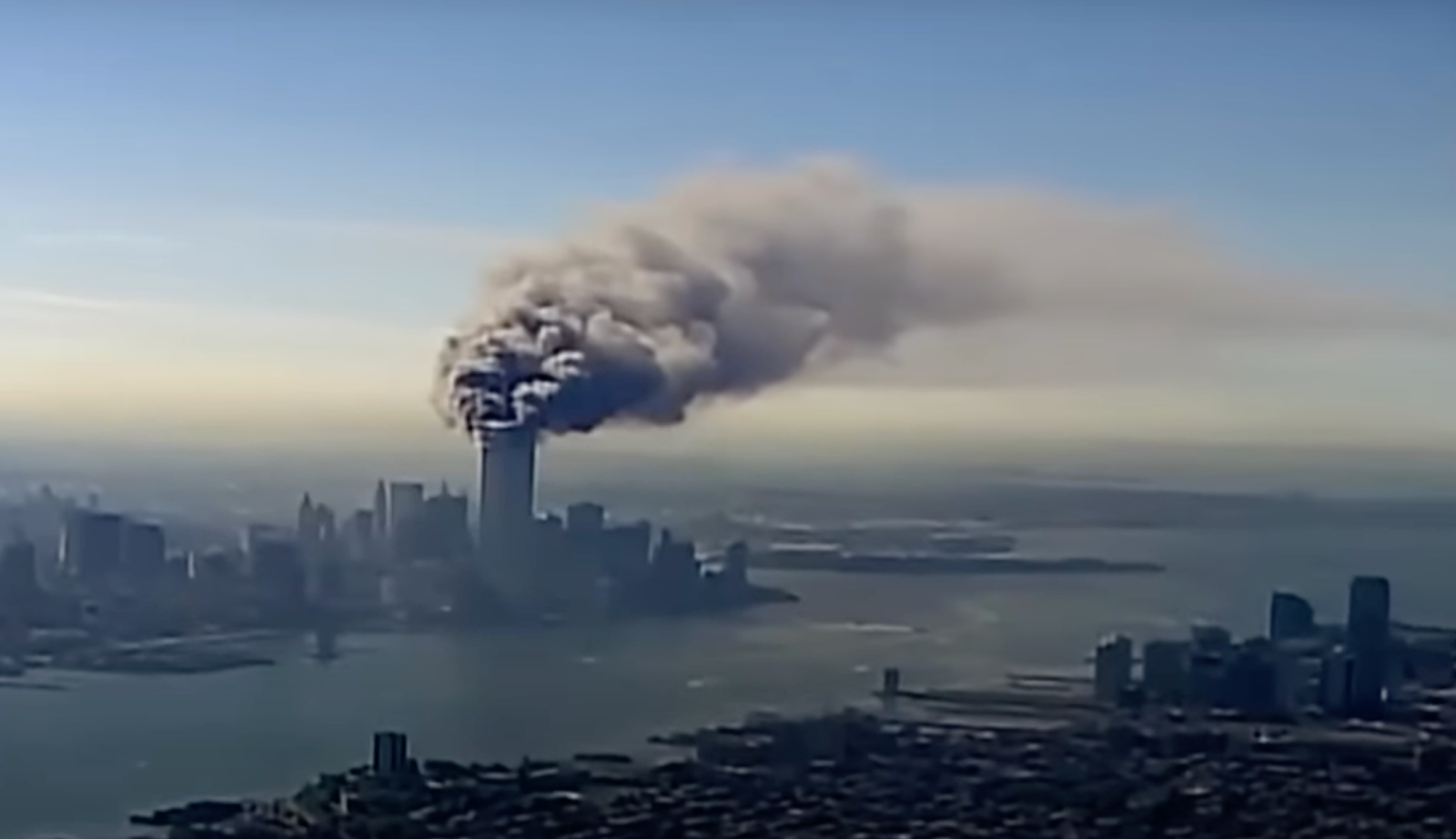Well, what to say. It happened, and as it burned we heard how different everything would be, this after the $106 billion merger of Time Warner and AOL in January 2001 and, beginning shortly before that, the deflation of the dot com bubble, which, within a couple of years, would return NASDAQ to what it was prior to the promise of a newer, cleaner oil patch.
While most Americans were looking east, to the U.S.-led invasion of Iraq, the ghosts of Walt Whitman and Jack Spicer were hovering west, scanning the streets of San Francisco, wondering where all the doughy tech boys went, knowing full well they were back in their parents' basements in Minnesota, Pennsylvania and Georgia, overhearing their mothers upstairs wondering aloud for the umpteenth time how was it that their kid could be worth ten million one week and in need of a loan to move home the next.
The effect of the collapsed dot com "economy" on San Francisco is unlike anything I've ever noticed. Though not a natural disaster, it had, in its own way, a visible effect on the city -- like Hurricane Katrina had on New Orleans, only slower, quieter, without the wreckage and flooded out homes, the people waving from rooftops.
Evidence of San Francisco's dot com-era began to accelerate in the mid-1990s, with the emergence of this wealthy 20-25-year-old largely het while male consumer and a city eager to accommodate him, make his stay a permanent one. For a final time, the Bay Area had lost sight of itself as something more than money and was content to treat historic neighbourhoods like the Castro and the Haight not as sights of wonder or resistance, but as theme parks.
But as with all speculative markets, there are crashes, and once the wound bleeds out, as in the case of San Francisco, a city changed can never change back. Have you visited San Francisco lately? Like Seattle's Belltown, the measure for me is always Union Square, at the edge of the Tenderloin. When things aren't going well, what ails these neighbourhoods tends to expand, cross the street. For those who take their cues from retreating retail chains, the San Francisco Chronicle has a "downtown exodus" map. For those don't, you likely left long before them.

No comments:
Post a Comment